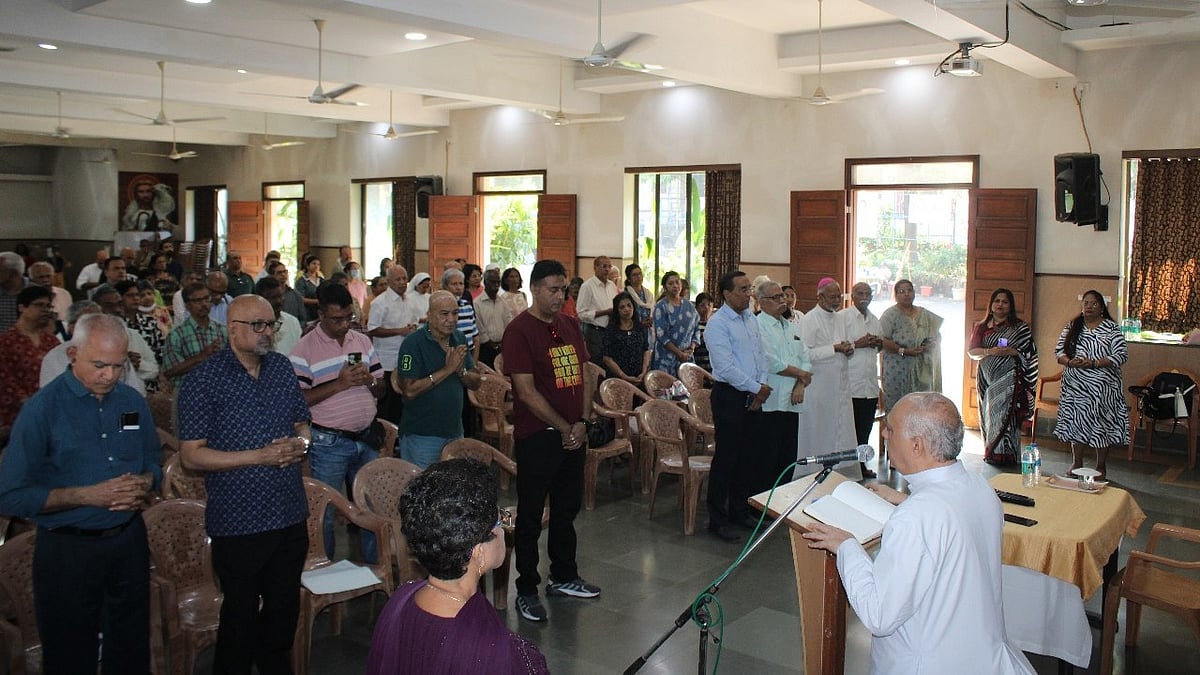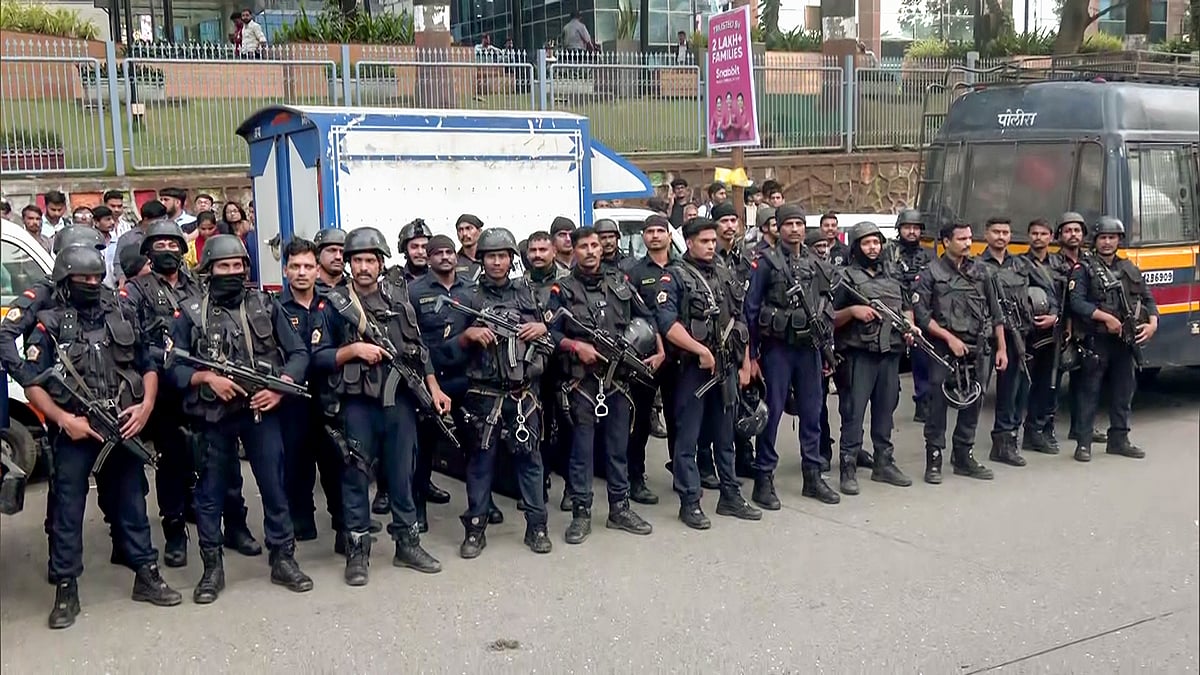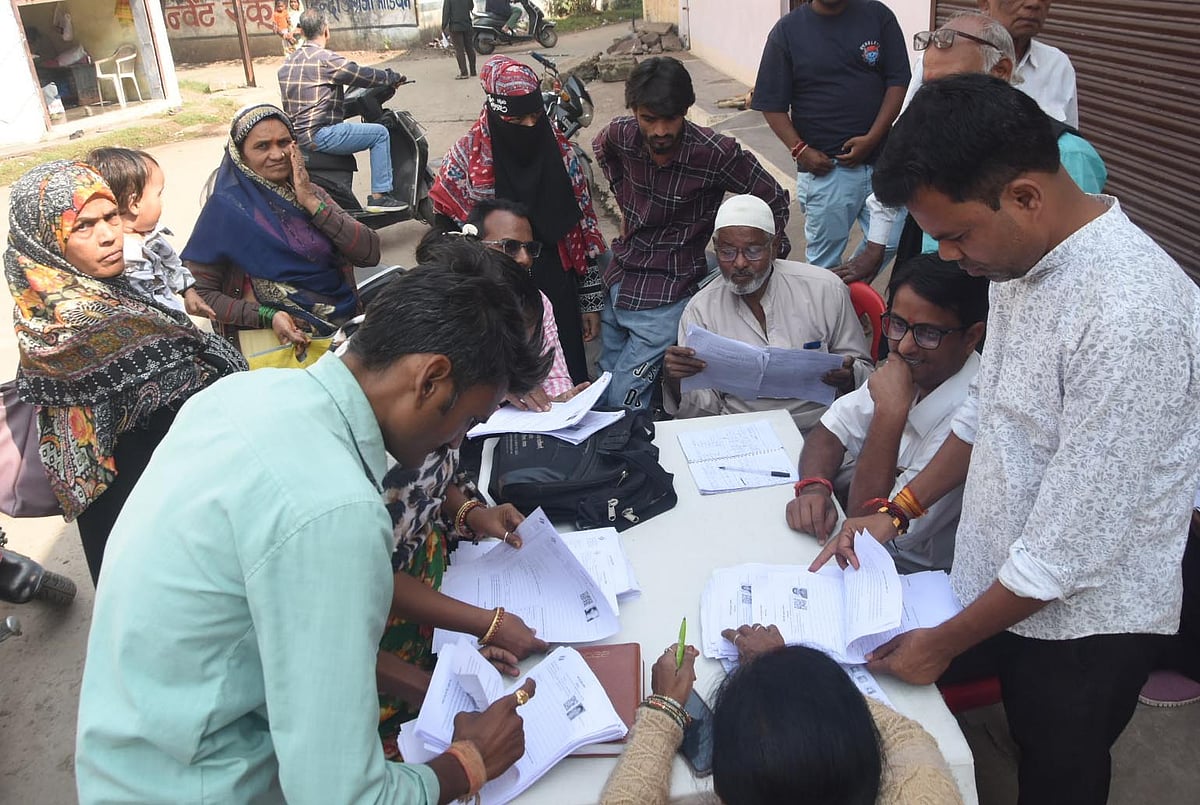The bards pen chant which inspires civil rights activists across the world. One such chant, penned by an Indian bard Dwijendralal Roy, fired the imagination of the students of Bangladesh where an agitation led to the government’s ouster.
When thousands of students were marching to their national capital, Dhaka, they were carolling that song: “Dhano Dhanno Pushpe Bhora Amader Ei Basundhara Tahar Majhe Achhe Desh Ek Sakol Desher Sera (Lavished with a wealth of grains and flowers is our Mother Earth… In the midst of this is a land, more splendid than all other lands).”
The last line of the song is highly motivational, “Aamar Ei Deshete Janmo Jeno Ei Deshetei Mori (I was born in this beautiful country; I wish to die into her lap.” If ‘Amar Sonar Bangla, Ami Tomay Bhalobasi’ was the theme song of the Bangladesh freedom struggle in 1971, Roy’s song was the anthem of the students’ movement in 2024. Many Indian freedom fighters embraced death with a smiling face chanting this composition.

The writer of this song, Roy, was posted in the then Central Province, now Madhya Pradesh. After studying agriculture in England, he was appointed Deputy Magistrate in the departments of survey and settlement, excise, land records, agriculture, administration and judiciary in different parts of Bengal, Bihar and Central Province.
Another revolutionary song that motivated the students of Bangladesh was Karar Oi Lauh Kapat Benghe Phel Kar Re Lopat … (Break the iron gates of prisons), composed by the rebel poet of India, Kazi Nazrul Islam, who is now the national poet of Bangladesh. His poems were banned during British rule. The students of Bangladesh also carolled many songs composed by Tagore, and one of them was “O, Amar Desher Maati Tomar Pare Thekai Maatha (O My Motherland I bow down to thee).”
It also inspired the freedom fighters who took up arms against British rule. Two more compositions of Tagore – “Sarthok Janam Amar Janmechhi Ei Deshe (I am grateful that I was born in this country) and Aaji Bangladesher Hriday Hote Kakhon Aapni… (Dear mother, you have emerged from the heart of Bangladesh, then Bengal)” – motivated the Indian freedom fighters in the 1900s and Bangladesh students in 2024.
Both these songs were composed when Lord Curzon divided Bengal in 1905. The British government also banned the novel Anandamath written on Sannyasi Rebellion by Bankim Chandra Chattopadhyay. The novel contains the beautiful song, Vande Mataram, which inspired almost everyone across the country during British rule. It still inspires many Indians. The song was so popular that the British had developed an anathema towards it. On those days, uttering the words ‘Vande Mataram’ led to imprisonment.
According to some historians, Master Da Surya Sen, one of the heroes of the Indian Freedom Struggle, uttered: “Vande Mataram,” every time he was beaten up by the British police who broke his jaws, but could not prevent him from uttering these two magical words – Vande Mataram. Even when he was about to be hanged, he chanted these two thrilling lines. Chanting the hymns from the Gita was also banned.
When Dinesh Gupta, another icon of the Indian Freedom Struggle, was put on the gallows and he was smiling, a British officer said, “Youngman are you not afraid of death?” A hymn from the Gita – “As we cast off our old clothes and wear new ones, at the time of death, the soul casts off the old body and enters a new one” – was on his lips.

We Shall Over Come…
Nothing much is known about the ancestry of We Shall Overcome. But this folk song became the anthem of the American civil rights movement. It has played a significant role in America and world history. It still continues to inspire people around the world who fight for rights, peace and justice. Sarfaroshi ki Tamanna… This Urdu patriotic poem composed by Bismil Azimabadi set the hearts of many freedom fighters afire.
Freedom fighter Ram Prasad Bismil hugged the gallows, carolling the opening lines of this poem. Chanting this Urdu poem was also banned. Nevertheless, the seed of all the poems that inspired the freedom fighters – especially in India – lies in the Ramayan in which Lord Rama tells his brother Lakshmana: Janani Janmabhumischa Swargadapi Gariyasi (Mother and motherland are superior even to Heaven).
.jpg?width=1200)









